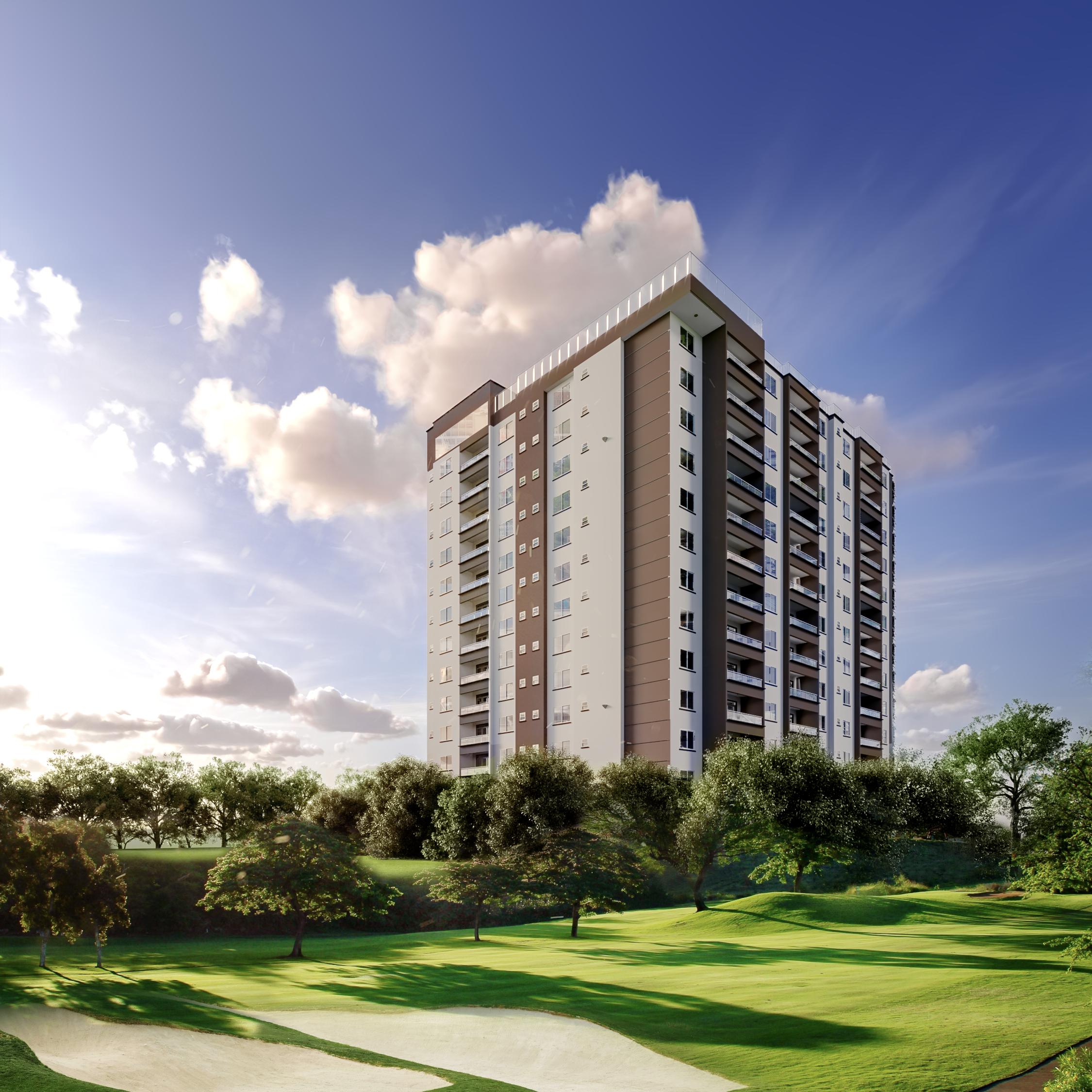
The Rise of Sustainable Luxury Real Estate in Uganda
Sustainable Luxury in Uganda: How Eco-Friendly Homes Boost Value and Lifestyle
In Uganda's luxury real estate market, a new standard has arrived. Opulence is no longer enough; discerning buyers now demand homes that are both prestigious and ecologically responsible. This shift towards sustainable luxury is creating properties that offer a superior living experience and a smarter financial future.
TL;DR: The Sustainable Luxury Advantage
- The New Standard: Key features like solar power, rainwater harvesting, locally sourced materials, and nature-integrated (biophilic) design are defining modern luxury.
- A Smarter Investment: Sustainable homes offer significant long-term savings through lower utility costs. Global data also shows that certified green buildings can command a sales premium of 5-10%.
- Healthier Living: By connecting residents with the natural environment, these homes promote well-being and a higher quality of life.
- Future-Proof Asset: As environmental awareness grows, sustainable properties are projected to have stronger value retention and higher demand.
The New Standard of Luxury: Key Sustainable Features
Today's premium properties in Uganda are being defined by innovative, eco-conscious features:
- Solar Integration: With Uganda's abundant sunshine, sophisticated solar systems are being used to power homes, reducing reliance on the grid and lowering energy costs.
- Water Conservation: Advanced rainwater harvesting and greywater recycling systems are becoming standard, significantly reducing water consumption.
- Local & Sustainable Materials: Using responsibly harvested Ugandan timber, recycled metals, and natural stone reduces carbon footprint and supports the local economy.
- Biophilic Design: The integration of nature into architecture through living walls, large windows for natural light, and seamless indoor-outdoor spaces enhances well-being and reduces energy use.
The Economic Case: Why Green is a Smart Investment
Choosing a sustainable luxury home is a financially sound decision. The benefits extend far beyond environmental responsibility:
- Lower Operating Costs: Energy-efficient systems and water conservation lead to a significant reduction in monthly utility bills.
- Higher Property Value: Global real estate trends show that environmentally friendly properties command premium prices and experience stronger appreciation over time. As an investor, this means a more resilient and profitable asset.
The Future is Here: Emerging Trends in Sustainable Living
The evolution of sustainable luxury in Uganda is heading towards even greater integration and efficiency:
- Smart Home Integration: AI-driven systems will optimize energy and water usage based on residents' habits, maximizing efficiency without sacrificing comfort.
- Community-Focused Sustainability: Expect to see more developments with shared renewable energy systems and community gardens.
- Certification and Standards: As the market matures, international sustainability certifications will become more common, offering buyers verified proof of a property's green credentials.
Is a Sustainable Home Right for You?
The move towards sustainable luxury caters to two key mindsets:
- For the Eco-Conscious Homeowner: It's an opportunity to live in a home that aligns with your values, offers a healthier environment, and reduces your carbon footprint.
- For the Savvy Investor: It's a chance to acquire a future-proof asset that is in high demand, attracts premium tenants, and delivers stronger, more resilient returns.
Frequently Asked Questions on Sustainable Real Estate in Uganda
1. What are the main sustainable features in new Ugandan luxury properties?The key features include solar power integration, rainwater harvesting systems, the use of locally sourced sustainable materials, and biophilic design principles.
2. Are sustainable homes a good investment? Yes. Beyond the significant savings on utility costs, sustainable properties tend to have higher value retention and can command premium prices in the sales and rental markets.
3. What is "biophilic design"?It is an architectural approach focused on integrating nature into the built environment. This includes features like living walls, large windows for natural light, and seamless indoor-outdoor transitions to enhance resident well-being.
Pioneer the Future of Luxury Living
The rise of sustainable luxury represents a profound and positive evolution in Uganda's property market. At RFDevelopers, we are proud to be at the forefront of this movement.
Contact RFDevelopers today to learn how we are creating exceptional living spaces that honor Uganda’s natural beauty while setting new standards for sustainable luxury.
RFdevelopers
Author
Ready to Experience Luxury Living?
Explore our exceptional developments and discover the perfect property for your lifestyle and investment goals.
